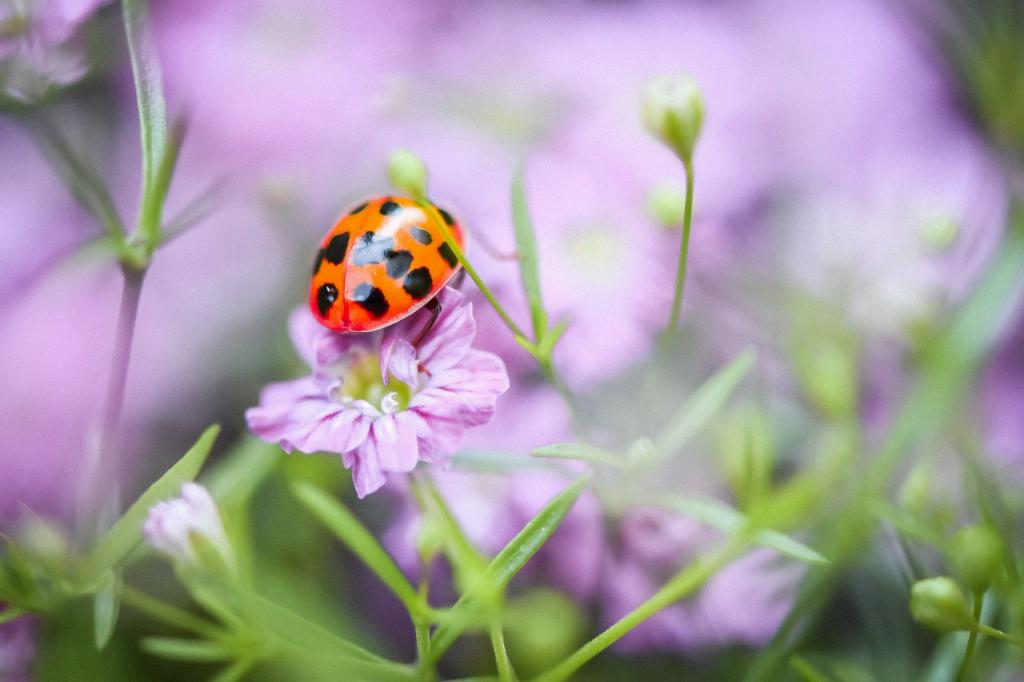When it comes to managing garden waste, one question that often arises is whether it is recyclable. The good news is that most types of garden waste can indeed be recycled, contributing to environmental sustainability and reducing the amount of waste that ends up in landfills.
Bark, flowers, grass and hedge cuttings, leaves, plants, small branches, twigs, and weeds are just some of the common types of garden waste that can be recycled. Rather than disposing of these materials in the regular trash, there are various ways in which you can recycle them to create valuable resources for your garden and the environment.
One effective way to recycle garden waste is by setting up a compost bin at home. Composting is a natural process that breaks down organic materials into nutrient-rich soil, which can then be used to enrich your garden soil and feed your plants. By composting your garden waste, you not only reduce waste but also create a sustainable cycle of nutrients for your garden.
Another way to recycle garden waste is by mulching. Mulch is a material placed on the soil surface to help retain moisture, suppress weeds, and improve soil health. By shredding and spreading your garden waste as mulch, you can create a protective barrier for your plants while returning valuable nutrients to the soil.
In addition to composting and mulching, some local municipalities offer green waste recycling programs. These programs collect garden waste from residents and businesses, processing it into compost or other useful products. By participating in these programs, you can ensure that your garden waste is recycled in an environmentally friendly manner.
It is essential to be mindful of what materials can and cannot be recycled in your area. While most types of garden waste can be recycled, some materials, such as diseased plants, invasive weeds, and treated wood, may need to be disposed of separately to prevent the spread of pests and diseases.
By practicing responsible waste management in your garden, you not only contribute to a healthier environment but also reap the benefits of nutrient-rich soil and sustainable gardening practices. Recycling garden waste is a simple yet effective way to reduce your ecological footprint and create a more sustainable garden ecosystem.
In conclusion, garden waste is recyclable through various methods such as composting, mulching, and participation in green waste recycling programs. By utilizing these recycling techniques, you can reduce waste, enrich your garden soil, and promote environmental sustainability in your gardening practices.

